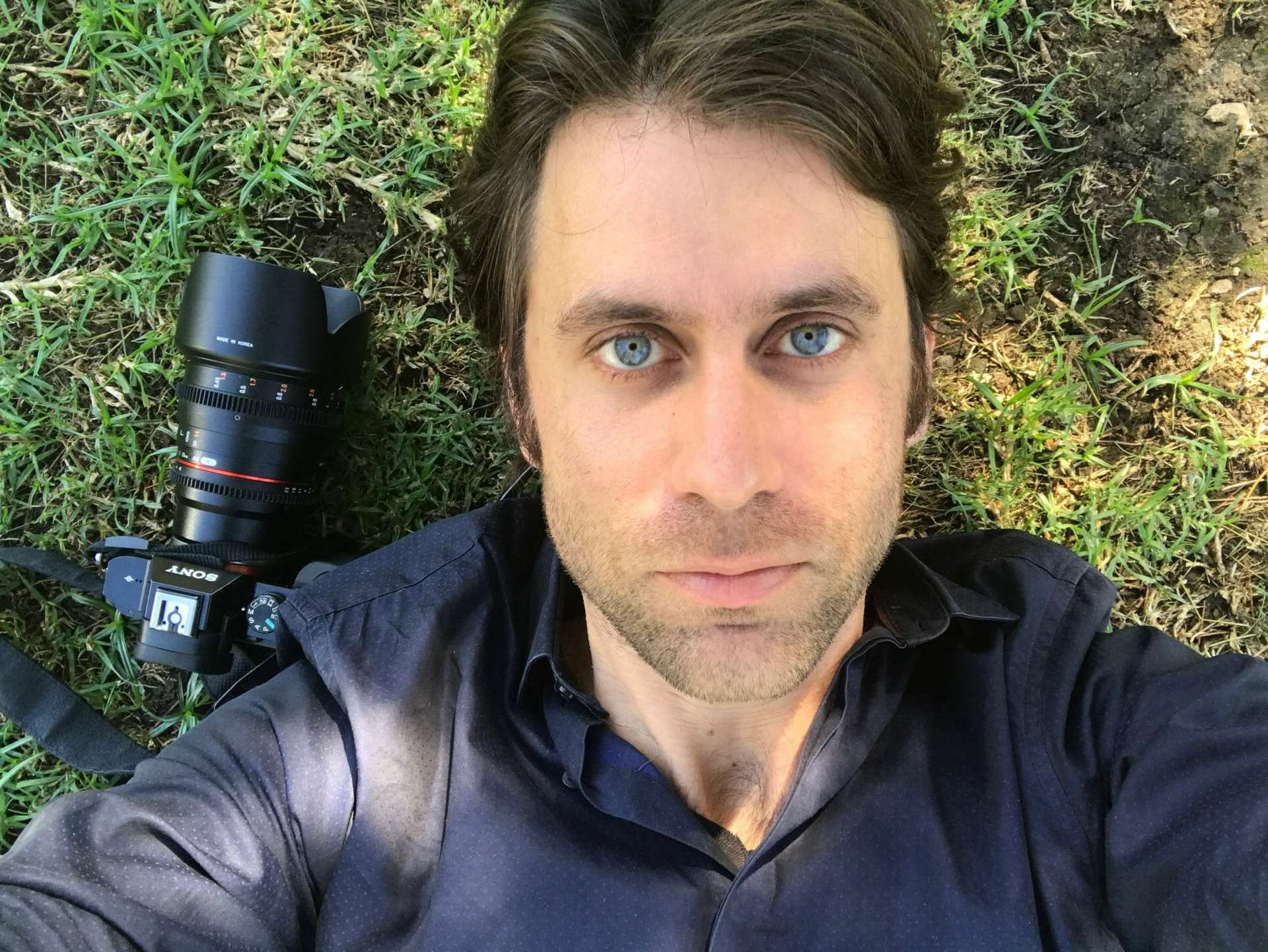We’re excited to introduce you to the always interesting and insightful John Paul Horstmann. We hope you’ll enjoy our conversation with John Paul below.
John Paul, thanks for joining us, excited to have you contributing your stories and insights. Before we get into specifics, let’s talk about success more generally. What do you think it takes to be successful?
‘Successful’ is a such a difficult, maybe dangerous concept because means something different for everyone. How you view success cuts right to the core of what you value, how you see yourself, and how you think the world sees you. All of which changes as you grow and gain experience.
It may be that being successful actually has less to do with money and more to do with discovering your purpose. What makes you happy.
Rather than answer the question, I’ll pose other questions.
When exactly are we successful? I think we all tend to imagine “success” like the goal line on a football field. Something you cross, a tax bracket, a release date. We talk about being ‘close to success’, as if it’s a distance. And when we fail, we often feel like we came up short, which isn’t true at all.
I’d argue that failure is all part of the journey. And I think what you find is once you “make it” over that line, it’s never quite what you think. There’s always another line ahead of you.
And what exactly is success? The respect of your peers, financial security, famous friends, a nice house, cool car. If you look at it that way, success becomes a never-ending Instagram feed of comparisons. A list of ever-growing “wants” stretching on forever.
Couldn’t success just simple things like happiness, friends, family, or good health? I feel like at one point that’s all you wanted, and at some point that’s all you’re going to want again, no matter how much “success” you achieve in your career. You might already have success and not even realize it.
Is success really a point in time? One big day that comes along where a flashy article appears, a big check lands in your bank account, and the world looks at you differently? The lottery winners, pop stars, tech entrepreneurs, championship athletes. We often hold these kind of success stories up as examples in our mind.
But really, was there one moment in time where they had success? I think you might find many of those athletes and pop stars were happy for a while but suffered many setback in the years that followed. I also think you’d also find they spent many years beforehand laboring in the obscurity of a dream, driven towards a goal they might not ever reach.
The central lesson seems to be that the journey to success is only fulfilling it if you treat it as a journey, and not a destination. There’s no line to cross, no “I made it, I did it!”.
Success is really something you need to live each day. Life is just a long journey, and you should enjoy every step of it. The journey always aims for success, but that’s not the point. The point is that you push yourself a little further every day and enjoy the ride. You have your ultimate goal—your destination— in mind, but you need to accept the fact that the path will wind through side paths you never intended. The road will change every year as your industry changes. Even your destination will change, maybe several times.
It’s not a delay, it’s not a mistake, it’s finding your the path that drives you. The only reason to ever do any of this stuff—to be an artist or professional in the industry—is because you just really care about it and you can’t do anything else. Your journey brought you here.
If you focus too much on the endpoint you won’t enjoy the journey very much. You’ll miss noticing all the little interesting things around you. You’ll put too much pressure on yourself.
The journey is more about learning who you really are inside and what actually makes you happy. Which is not always what you thought at the beginning. It needs to be a natural thing, unforced. You enjoy being an assistant on a great film as much as later when you are the boss of a project. You enjoy the times you get to shoot as much as you enjoy the years of struggle looking for work or trying to get a project off the ground.
In life there is no one there forcing your or encouraging you. At the end of the day it’s just who you are the interests you follow that make your path, and the passion that drives you along. Which usually never leads you wrong.
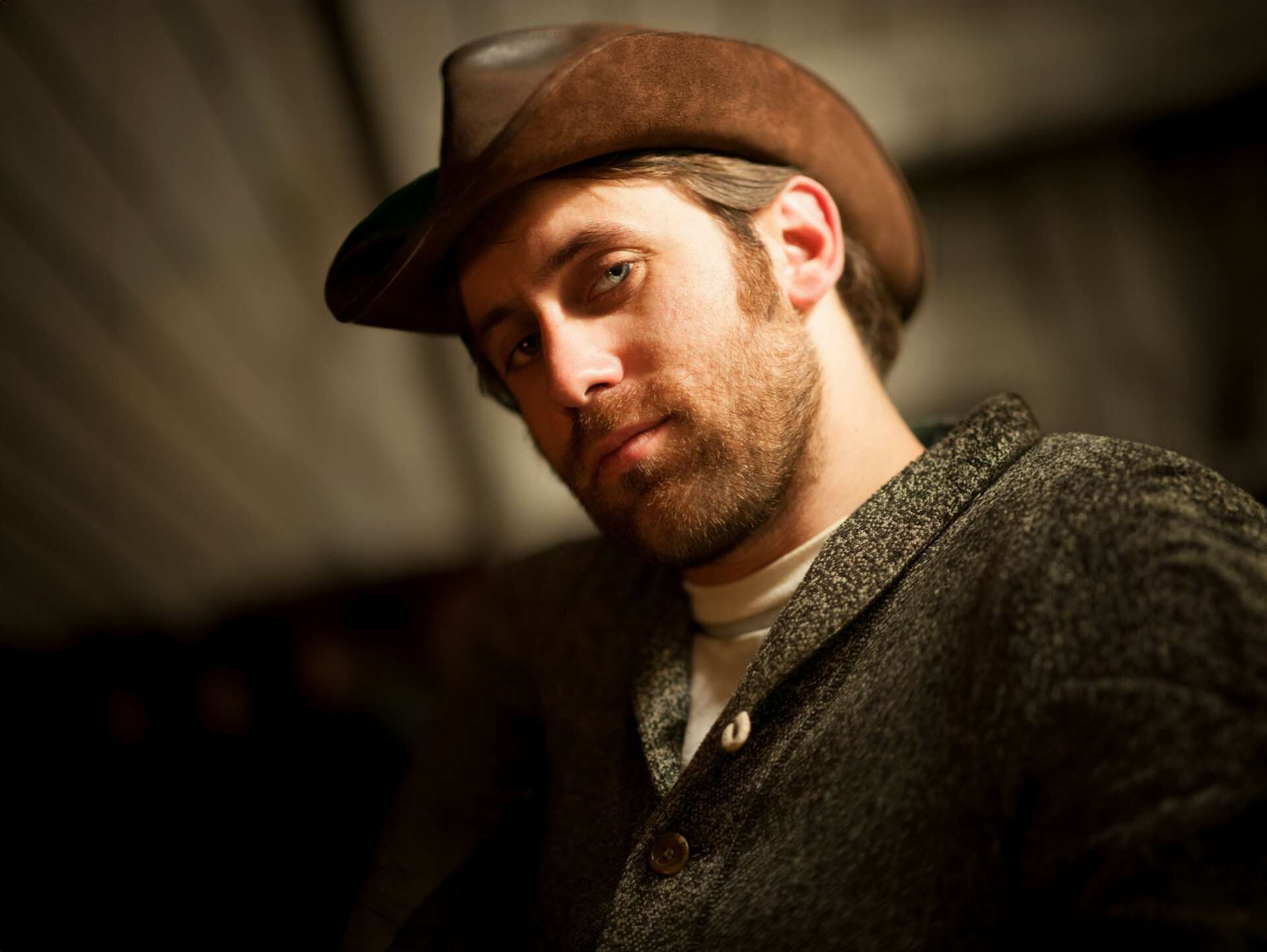
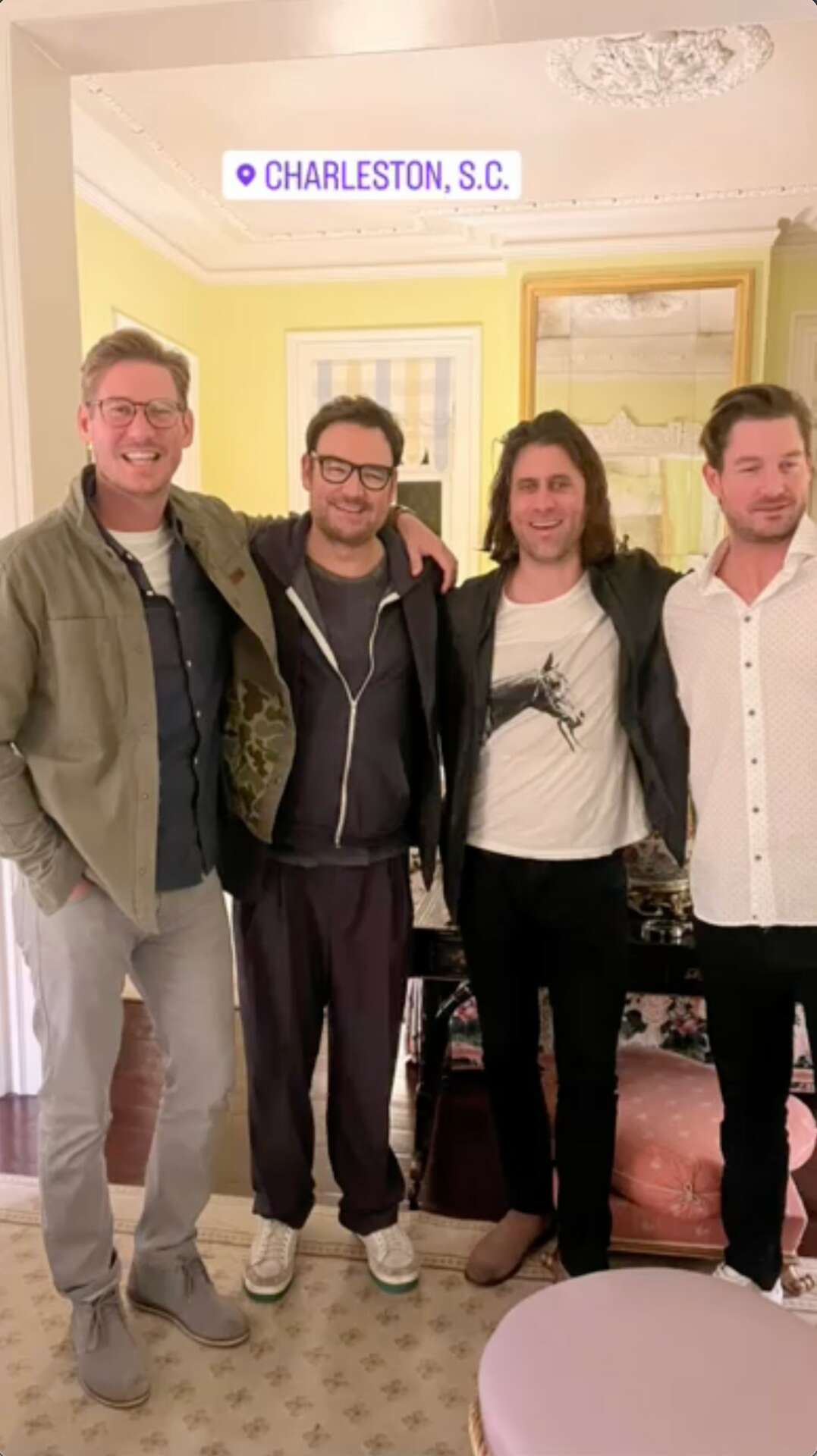
John Paul, before we move on to more of these sorts of questions, can you take some time to bring our readers up to speed on you and what you do?
I’m a Producer / Editor / Director of TV, feature films, documentaries, and music videos. I know that’s a lot of commas and slashes but I actually have worked in all those areas.
I started out as as a feature film editor, and have since adapted those skills to develop and make documentaries, TV shows, and films. I also am very lucky to work in music videos some very special artists.
Film Editing – I’ve worked on a lot of well-regarded independent films such as Assassination of Jesse James, Killing Them Softly, Blonde, and Cold in July.
Development – Probably the most famous project I got off the ground is Southern Charm on Bravo, which has been on the air for 9 years. My business partner Whitney Smith and I made that show and several others, and have a slate of projects in development.
I also am often hired to oversee and edit development reels for various projects for Sony, Universal, Disney and Marvel, usually in collaboration with director Kat Coiro. Though I can’t disclose those projects, suffice it to say they are very exciting and it’s so rewarding to help get them get a green light.
Documentaries – I write, pitch and direct many documentaries. The most recent projects are a biopic on Elizabeth Taylor, a history of MTV called “I Want My MTV”, and a music documentary on Machine Gun Kelly.
Music Videos – I’ve worked with Doja Cat, Outkast, Machine Gun Kelly, and extensively with Billie Eilish. I’m currently working on a series of wonderful videos with Melanie Martinez.
You can see more here: https://www.johnpaulportfolio.com/

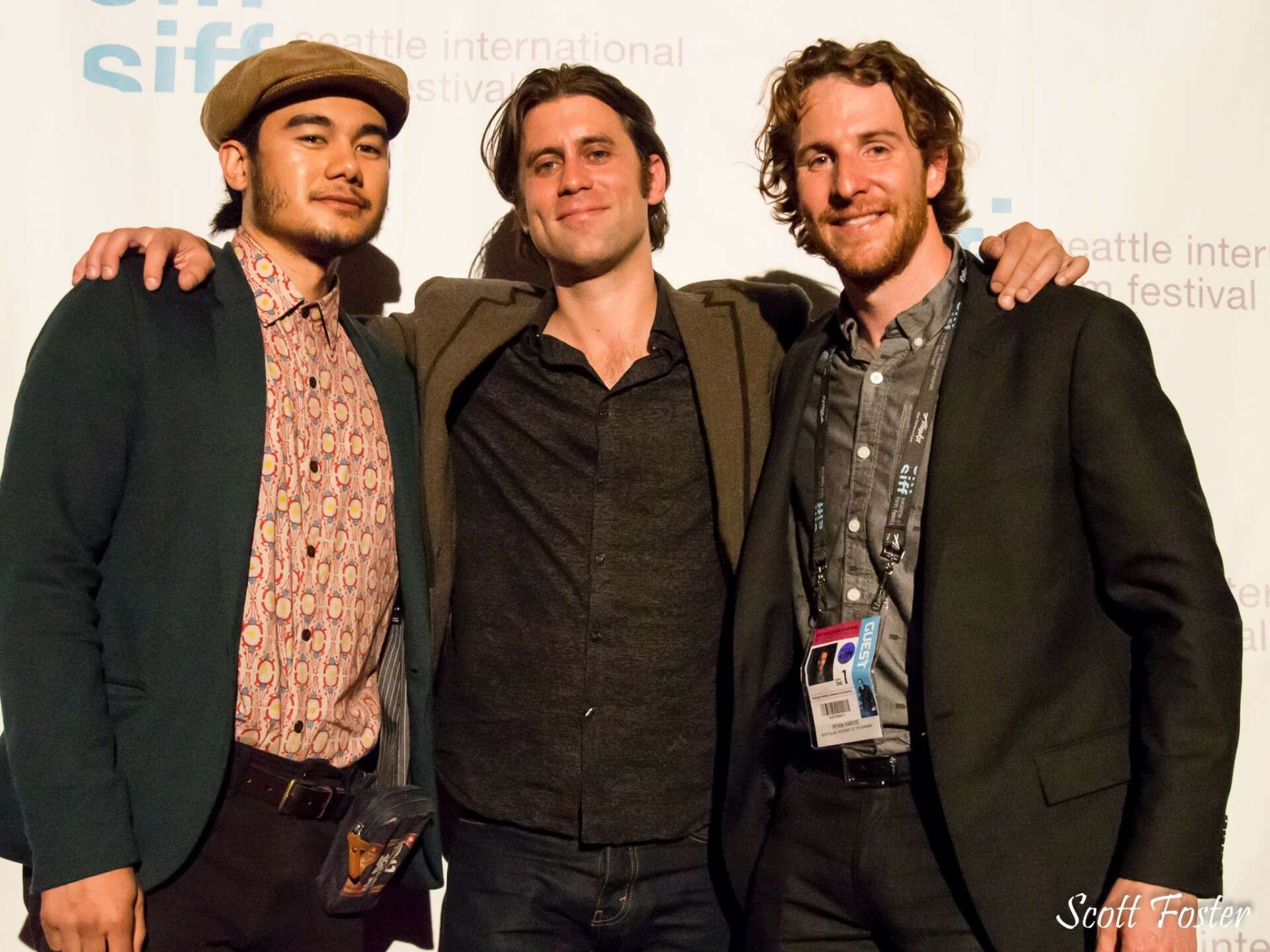
How about pivoting – can you share the story of a time you’ve had to pivot?
Yes! Working in film means constantly having to pivot. This industry is always changing and you can get left out in the cold if you can’t adapt. Here’s my journey in the last few wears.
I was working my way up as and editor, and had recently worked on my first big feature “Killing Them Softly”. It was a dream experience, and one that gave me an actual credit I could use to get an editing agent. I was so excited.
But I soon found out that once you move up to editor, jobs aren’t as easy to come by. Producers want someone with long experience. It’s a bit of a catch-22: if you don’t have the credits you can’t get the job, but you can’t get the credits if you don’t work.
So I decided to take on a bunch of independent films, which have always been my passion. I could build my resume and who knows, maybe a film would break through? It worked but didn’t. I landed “Cold in July”, which made it to Sundance and became an underground hit. I got to work with the great Sam Shepard and the director Jim Mickle when on to a great career. But it didn’t bring me anything but more low-budget indie films, and the pay kept diving.
Many of these films never came out. The labor market was saturated with young, non-union editors who were willing to work long hours for next to nothing. Technology was changing, suddenly you could work from home, which means they could hire any kid with a laptop. These were quality films with good cast, but I was going broke editing them.
I decided to pivot. If I was sharing so much risk editing these tiny projects, why not make one of my own? So I made a documentary
So pivoted and made a documentary. A comedy-documentary about underground wrestlers who form a family, beating the pulp out of each other every night. It was a long shot, but it paid off. We started out editing in my living room. We made a pitch reel and somehow got it in the hands of Oscar winning producer Glen Zipper, who brought in other wonderful producers and before you know it we were in the Tribeca Film Festival. We did it!
It was one of the greatest feelings ever. But the next day wasn’t so great.
Success is a journey, not a destination. The film did ok, but it didn’t lead to a big sale or a job. I was broke. I’d just spent a year working essentially for free, and had no savings. I had to pivot again.
I decided to take any work I could, diversifying the type of work I did to increase income and manage risk. I started out humbly by making sizzle reels for a VFX company. Quite beneath the “big deal” editor I had thought I was. But I worked hard and threw myself into it. They were very happy, and one day they asked if I would be willing to work on a music video for a young artist. That artist turned out to be Billie Eilish, and her video blew up to be number 1 on YouTube. I just couldn’t believe it. It led to me starting a whole other career in music videos that continues today.
Knowing that I had a knack for pitching, Glenn hired me to from time work on pitch reels. This gave me a foothold in the doc world, and introduced me to other filmmakers who needed help. I ended up editing a few docs, and discovered that I had a passion for helping to get things made.
Around that time Southern Charm had also become a hit show, so I reunited with Whitney and we set out to pitch a spinoff show in New Orleans. I began doing things I’d never done before: traveling, meeting cast, interviewing them, making pitch reels. No more cutting rooms for me. I had a real knack for it. Again, it was humble work at first, but the New Orleans show got on the air, and we went on to make others. I began to learn the world of development, how shows are developed and sold, and discovered a talent in myself for telling new stories.
So in the end, by trying to new things, I had a whole bunch of new experiences which reawakened a spirit and brought me to new successes.
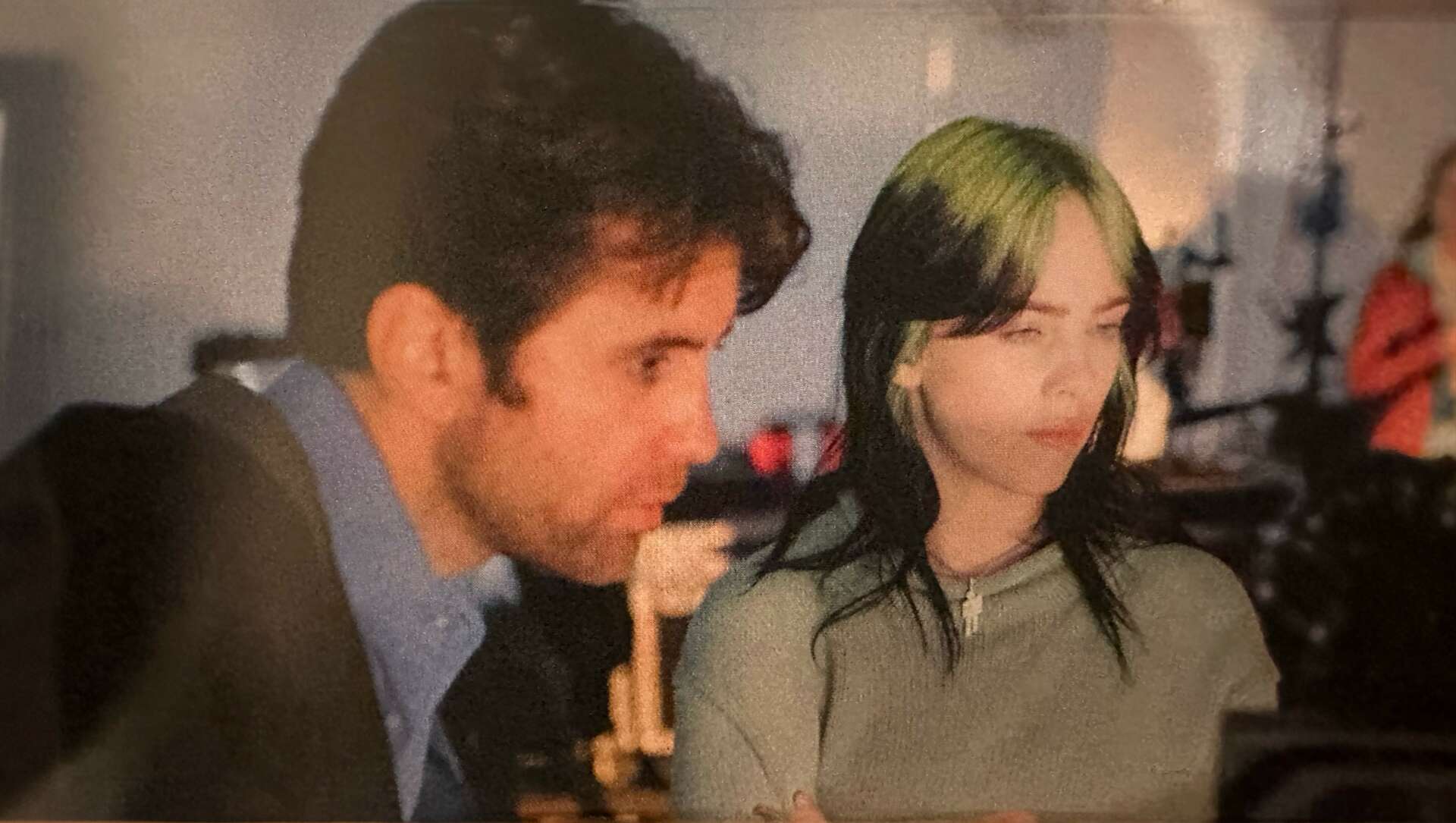
Is there something you think non-creatives will struggle to understand about your journey as a creative?
I think it would definitely be that creative (real creatives) work just as hard if not more than other people, because we have to learn to be our own boss and drive our passions to lucrative goals. Remember, the film business is a business.
Creating—whether it’s writing, editing, chasing down interviews or whatever—is a balance of drive and procrastination. You easily get discouraged, or distracted, and if you don’t watch yourself you put things on a back burner. Especially when there’s no boss or deadline.
My secret weapon—which can be a strength or a weakness—is that when I finally get going I don’t stop. Like a dog that will not let go, I will push and push and roll on like a freight train. Most things take that kind of focus, if you really want to flesh them out.
It can be damaging however, to your personal life. Your world contracts, the small things get left behind. I’ve seen directors who are so focused that they literally never sleep, cook, or wash. I’ve been on projects where we pushed ourselves so far for so long that I woke up months later not realizing time had slipped away.
I’m not saying everyone has to go to those lengths, but I am saying that you have to develop a strong focus, and then learn to weild it in a productive way. I spend most of every morning eliminating distractions and setting “time blocking” windows that I try to follow. I choose my tasks, then I set a window for those tasks, and only those tasks. Then I dig in and I don’t stop. Otherwise the tendency can be to procrastinate all day and work all night to make up for it. That’s a bad habit, like a college student trying to pull an all nighter before the exam. It took a lot of years to create discipline and structure.
So I hope non-creatives realize that our skills are not too different from any professionals toolset, just a different type. And if can train yourself correctly, like a good athlete, set a schedule, you can weld those powers in ways that can push your projects and life forward each day in big ways.
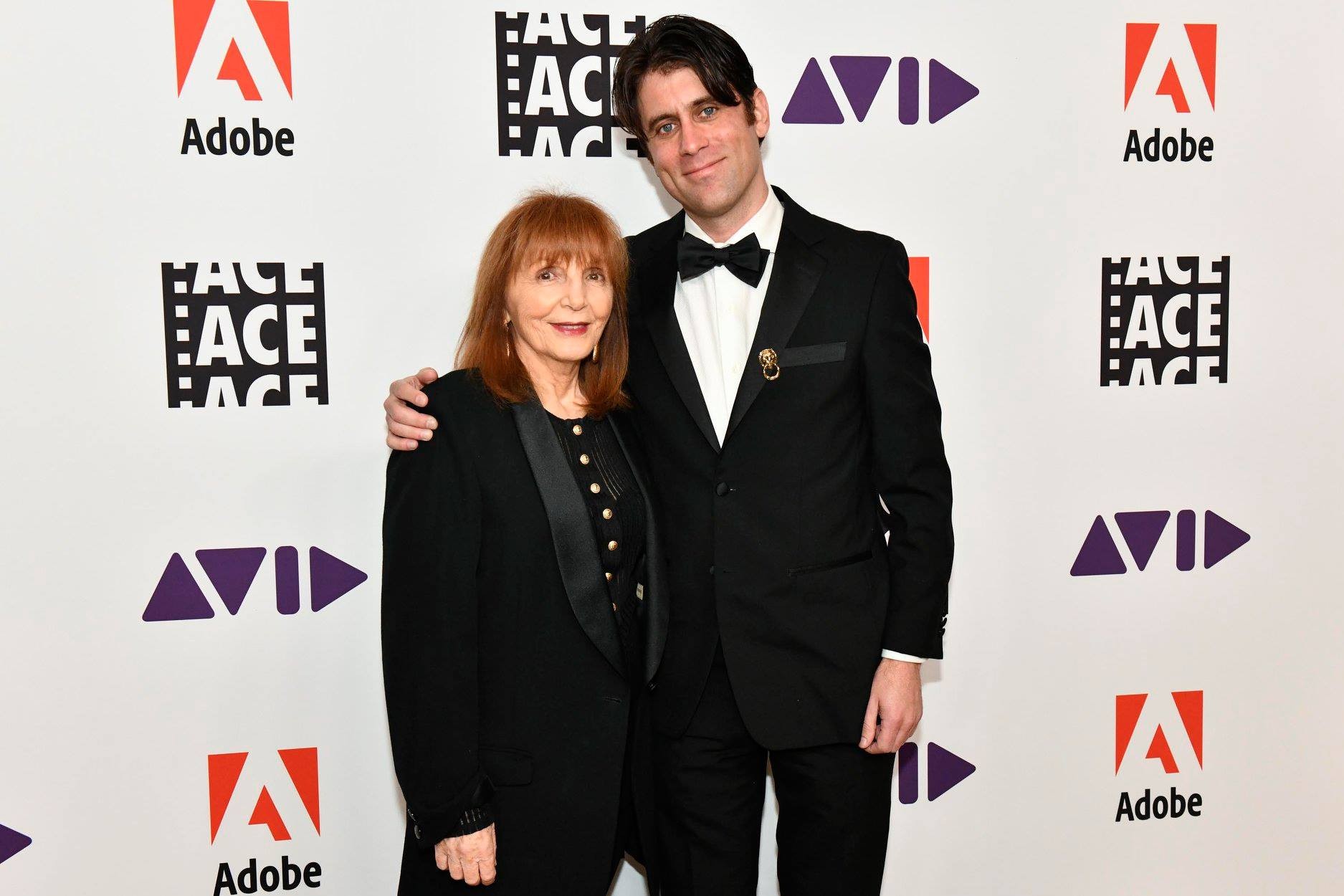
Contact Info:
- Website: www.johnpaulportfolio.com
- Instagram: www.instagram.com/bettercalljohnpaul
- Facebook: https://www.facebook.com/johnpaulguerrera
- Linkedin: www.linkedin.com/in/john-paul-horstmann-9438259
- Twitter: @JohnPaulLA


